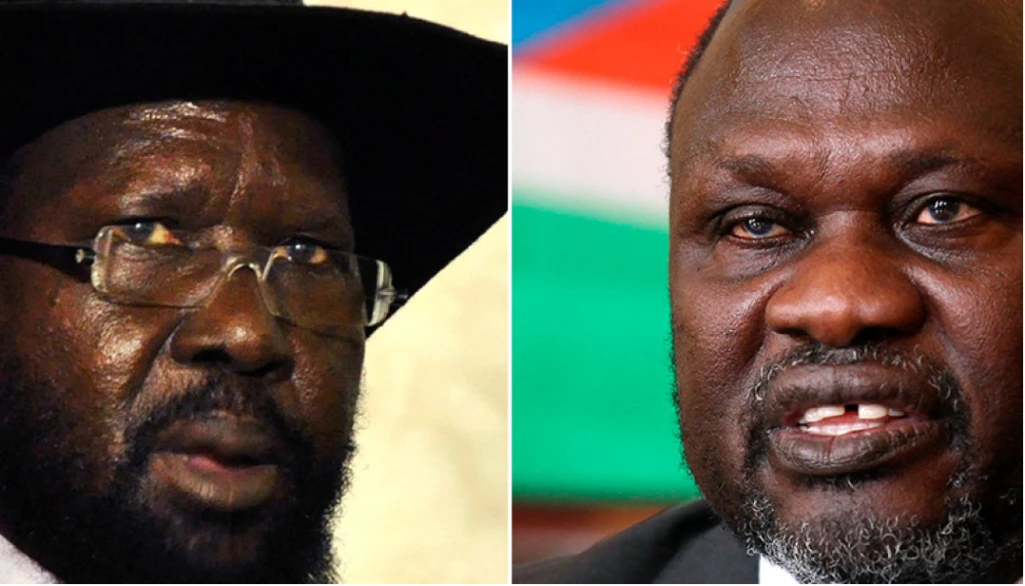
The dismissal of Angelina Teny has triggered political tension between the main signatories to the revitalized peace agreement, putting a peace deal in a new dilemma just a few days after the commencement of the 24-month roadmap period.
President Salva Kiir on Friday issued a presidential decree relieving Angelina Teny as minister of defense and Veteran. He also relieved Interior Minister Mahmoud Solomon.
Kiir also issued an order swapping the security ministries taking the defense ministry to the SPLM-IG and Interior Ministry to the SPLM-IO.
Reacting to the move, the Sudan People Liberation Movement in Opposition (SPLM-IO) says the changes were unilateral and a violation of the peace deal.
In a statement issued on Saturday signed by Dr. Riek Machar, the SPLM-IO political bureau states that the signatories were not consulted.
“The political bureau condemns and rejects the unilateral removal of Hon. Angelina Teny as minister of Defense and Veterans Affairs,” partly reads the statement.
Article 1.13.1 of the peace agreement states that “Each party may remove its representatives in the Council of Ministers and nominate replacements by notifying the President with at least fourteen (14) days’ notice.”
“The political bureau calls upon the president to revoke the unilateral decree and the republican order and reinstate Hon. Angelina Teny as Minister of Defense and veteran affairs,” it continues.
The opposition party argues that the swapping of the ministries also violates Article 1.12.1, which requires the parties to agree on the allocation and selection of portfolios.
Also, the peace accord in Article 1.9.1 states that “The Revitalized Transitional Government of National Unity is founded on the premise that there shall be collegial collaboration in decision-making and continuous consultations within the Presidency, between the President, the First Vice President, and the Four Vice Presidents, to ensure effective governance during the Transitional Period.”
The current political dilemma comes barely after eight days of the extended transitional period of the roadmap.
The roadmap was developed to provide time-bound guidance on the implementation of outstanding provisions that are critical to the conduct of peaceful and democratic elections at the end of the transitional period.